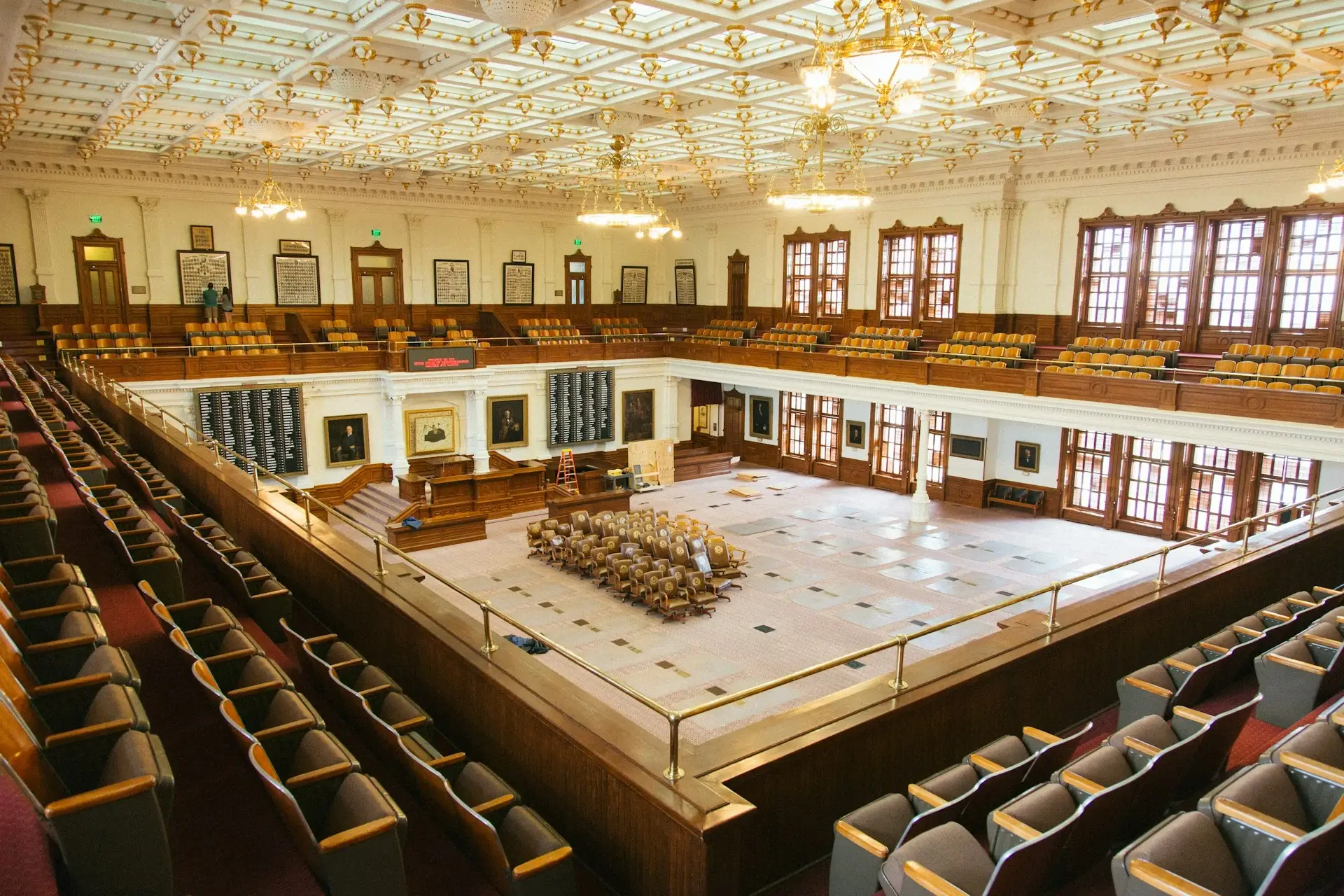
BRICS: The Rising International Alliance in World Politics
Understanding BRICS: A New Era in International Relations
In today’s world politics, a new international alliance is making waves: BRICS, a group of five nations – Brazil, Russia, India, China, and South Africa. The first BRIC summit took place in 2009, and since then, this alliance has become a significant player in international relations. The BRICS International Alliance builds its foundation on principles of equality among member states. It encourages cooperation and compromise between members. The alliance formed to strengthen economic and political ties among its members. Additionally, BRICS aims to promote a Multipolar World order. The member states established the alliance to provide an alternative to traditional Western-dominated global institutions and power structures.
A Multipolar World: The Rationale Behind BRICS
The main prerequisites for the creation of BRICS were common interests of the countries, the desire to strengthen economic and political ties between the participants, as well as joint participation in the formation and development of a multipolar world. This alliance has become an important association in world politics, influencing international relations. Moreover, BRICS has created a platform where the parties find compromises and act in accordance with them.
The United Nations: A Different International Platform
The United Nations actively pursues peace and security. It fosters cooperation among 193 member states. First, the UN strives to maintain global peace. Additionally, it develops friendly international relations. Moreover, it cooperates to solve global issues. Furthermore, it ensures human rights are respected. Lastly, it harmonizes nations’ actions.Over 30 related organizations form the UN system. Together, they collaborate to achieve these goals. The BRICS International Alliance advocates a Multipolar World. This challenges the UN’s traditional dominance.
Expert Insights on BRICS and the UN
Andrei Volkov, a political scientist, contrasts BRICS with other organizations. He highlights differences from the UN. First, Volkov states, “BRICS promotes equality among members.” In contrast, the UN has a hierarchical structure. Additionally, Volkov notes recent disagreements have emerged. These concern defining sovereign states’ obligations globally. The BRICS International Alliance advocates a Multipolar World. This challenges the UN’s traditional dominance.Ultimately, Volkov implies BRICS offers an alternative approach. It emphasizes equality over hierarchy in international relations.
The Future of International Relations
As the world moves towards a multipolar world, BRICS is poised to play a significant role in shaping international relations. With its dynamic and inclusive approach, BRICS is becoming a benchmark for equitable international interaction. In conclusion, BRICS is an international alliance that is changing the face of world politics. As it continues to grow and evolve, it’s essential to understand its significance and how it differs from other international organizations like the UN.
The Way Forward
In the words of Andrei Volkov, “The development of the BRICS+ meeting format initiated in due time by Russia was a step towards the birth of multipolarity. Thus, BRICS+ is a dynamic phenomenon that advocates free development, dialogue and its own choice.” As BRICS continues to shape the future of international relations, one thing is certain – its impact will be felt for years to come.
